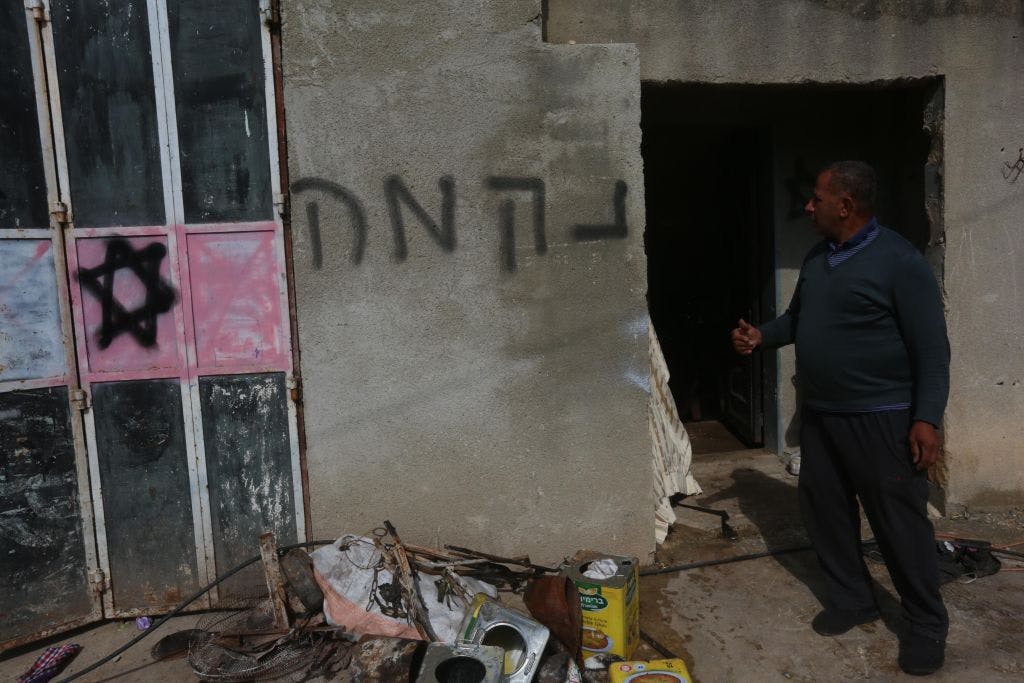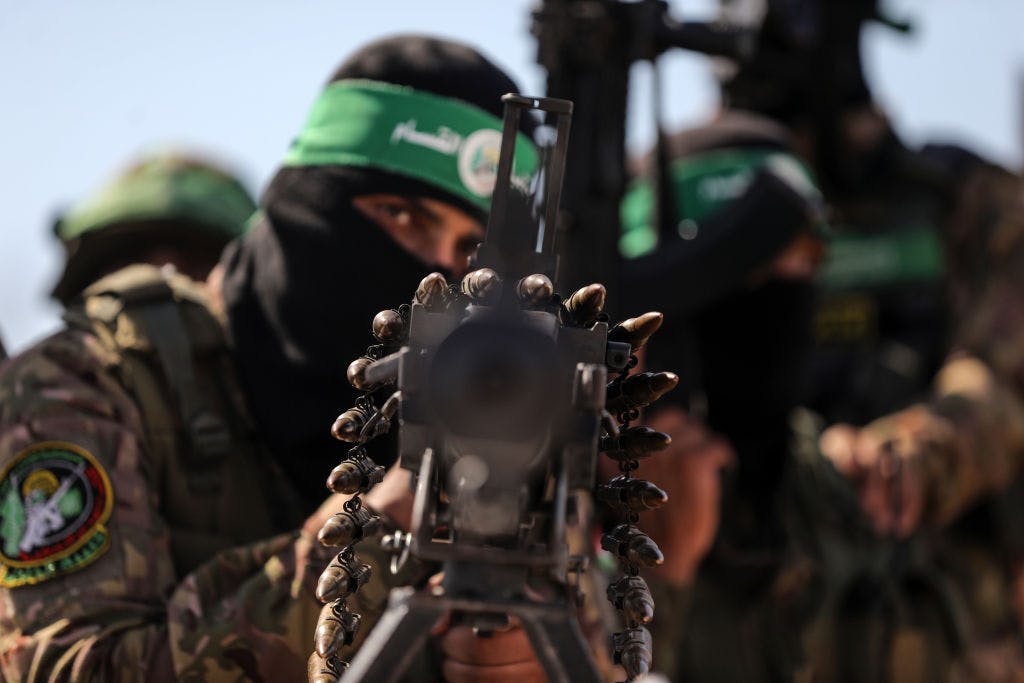Published: 16 May 2023
Last updated: 5 March 2024
Mistranslations can be humorous but Arab residents of Jerusalem are disadvantaged when important information is not available in clear Arabic.
Noy Mordekovitch had spent hours trying to persuade an Arab man from East Jerusalem to apply for his entitlements on the Jerusalem municipality website.
Like many Arab citizens of Israel, the man was suspicious of the municipality and daunted by the forms, which are often only in Hebrew. But this form was in Arabic, so he agreed to try. He returned to Mordekovitch discouraged.
“I couldn’t find the right place to fill in the form,” he reported. “Just a recipe.”
Arabic has two words for “filling”: one used for filling in a form, the other for stuffing vegetables.
The amateur translation used the wrong word in the link to the form, building another barrier for a resident trying to exercise his rights.
Mordekovitch has a stock of such stories. He is Executive Director of 0202 Updates, a not-for-profit civil society organisation dedicated to providing information in Arabic to support the city’s 360,000 Arab residents. (The name comes from the landline code for Jerusalem.)
A sign meant to read ‘Beware of the danger from digging’ was translated to read ‘Beware of ignorance’.
Research 18 months ago found only 10% of government information is translated into Arabic and it is often not the 10% that the Arabic-speaking population needs. For example, the Ministry of Security translates its announcements, but many of the civil services don’t.
Translation isn’t seen as a priority so a service will be provided in Hebrew but then the Arabic information doesn’t go up for days. Or it’s not done by professionals, which leads to the kind of mistakes that occurred with the “stuffed” form.
“Someone will say to some guy on the desk, ‘Hey, you speak Arabic, can you translate this?’ and it leads to mistakes that are confusing, embarrassing and sometimes insulting,” Mordekovitch says.
A municipal road works notice warning "Please beware of the hole", was translated into Arabic as "You should develop."
A sign meant to read "Beware of the danger from digging" was translated to read "Beware of ignorance".
Mordekovitch is frustrated by the failure of Jerusalem authorities to provide appropriate information in Arabic, which has formal status in Israel as the country’s “official second language”.
“They invest 30,000 shekels in signage around a road project but they don’t invest a few shekels in a translation and you can imagine how this feels to people who are already marginalised and disadvantaged to be told effectively. ‘You are ignorant and you need to develop’."
As an organisation with the language skills in Hebrew and Arabic and an understanding of the system, 0202 Updates is often able to contact relevant government departments, get mistakes corrected and supply missing translations.
0202 Updates also creates its own content, explaining Israeli society and governance in Arabic and developing skills for Arab residents in advocacy, managing legal issues and finding their way around the system.
Most Arabic-speakers live in East Jerusalem, where they are in a grey zone as residents but not citizens of Israel. They can vote in municipal elections, but most choose not to do so because they don’t want to legitimise Israeli control over the area. The result is a Catch-22, where they frequently miss out on services.
Arabs in East Jerusalem face pressure from both sides. Palestinian organisations lean on them to resist any cooperation with Israeli authorities and Israel is quick to categorise them as terrorists and revoke their residency if they make trouble.
“We want to create a safe environment for Palestinians in Jerusalem where they can exercise their rights as residents of the municipality,” Mordekovitch says. “With everything in East Jerusalem you need to work very gently. A lot of Arab residents are afraid to exercise their rights because they are afraid they will lose their jobs or get arrested.”
0202 Updates translates and mediates public information into Arabic for 30 government and civil society organisations, produces video information on civil services and provides direct help to Arab-speakers trying to deal with government services.
One of its greatest successes came when it translated forms for applying for concessions to municipal taxes into Arabic and even the mayor of Jerusalem shared the post.
“It was amazing. We had people tagging each other and dozens of people writing to thank us,” Mordekovitch said.
“The municipality is a huge burden for Palestinians. Eighty per cent of the populations is under the poverty line and they can apply for up to 70 per cent of the concessions for municipal taxes but the forms are all in Hebrew so it’s hard for people to get the concessions they are entitled to.”
Similarly, during Covid restrictions, 0202 Updates translated the form which enabled Arabic-speakers to exercise their right of appeal if they were fined for not wearing a mask.
“It’s hard for Arabs from East Jerusalem to appeal in the first place. They don’t have trust in the system but when the form was only available in Hebrew, most of them couldn’t manage it.”
In addition to the practical information they provide, 0202 Updates also bridges barriers by helping Arabic speakers understand Jewish culture. One surprising area of success has been in translating information about the Haredi community.
“There’s a lot of curiosity in the Palestinian community about the non-Haredi community,” says Associate Director Zahieh Abu Ghannam. “In Israeli society there is this schism between the secular and the religious but in Arabic society that schism is not as strong. There’s a sense we have something in common with the religious Jews.”
Photo: Zahieh Abu Ghannam, left, and Noy Mordekovitch at 0202 Updates (Deborah Stone)



